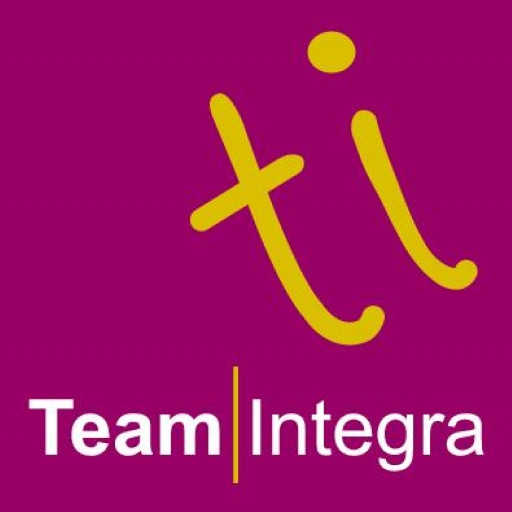An Introduction to Recovery or Reset Roadmap
“Events, dear boy, events”.
The more recent versions of the famous Oxford Dictionary of Quotations have a section on mis-quotations and it gives an insight into the famous one liners that were never actually said. The one liner above was attributed to Conservative Harold Macmillan when he was asked to name the greatest difficulty facing a Prime Minister. It seems quite apt in this period of coronavirus uncertainty as leaders grapple with the right action to take and how to communicate that.

We will judge our leaders by how they and their teams react.
Many commentators have noted that, in the near future, we will judge our leaders by how they and their teams have reacted to the unfolding pandemic. It is therefore important that any roadmap has a foundation of strong, robust principles and a clear, durable structure onto which the detail can be added. When thinking about and putting together an outline roadmap for recovery or reset context and situational awareness are, therefore, key. A correct action today might and will probably be very ill-advised in a few months time. An immediate recovery today is starkly different from a total reset of our collective paradigms and mental models of 6 months time. A recovery and reset roadmap needs to reflect that.

From Event Thinking (reactive) to Systems Thinking (holistic and proactive).
With context and situational awareness at the forefront the roadmap is based on Daniel Kim’s Systems Thinking “Iceberg” model which is, itself, an adaption and evolution of Edgar Schein’s three tier Organisation and Culture model. More about the specifics of those models in the next blog but, essentially, Daniel Kim describes a journey from Event Thinking (reactive) to Systems Thinking (holistic and proactive). This is crucial and chimes with Professor Dave Snowden’s Cynefin model covered famously in the 2007 Harvard Business Review article “A leader’s framework for decision making”. Professor Snowden explains that sense making is critical when determining the correct leadership response. In the article Snowden and the other authors advise that “In the chaotic domain (a domain of unknowables), a leader’s immediate job is not to discover patterns but to stanch the bleeding. A leader must first “act” to establish order, then sense where stability is present and from where it is absent”. In other words this is no time for principles, values and strategic aims it is a time to act and act fast. But, what do we do? Do we just use our “common sense”?
“Common sense is not so common”. Voltaire
Surely, we would all do the right thing by using our common sense, wouldn’t we? What does this mean? Common sense is defined by Oxford University Press as “good sense and sound judgement in practical matters”. So far so good then. But, hang on, what is a sound judgement? Is my sound judgement the same as yours or an expert’s? This is where relying on “common sense” becomes cloudy and a bit of an abstraction. In fact it has been noted that if we were all diligent at applying our common sense we would never smoke, eat the wrong foods or gamble, all of which we do.
Common Sense vs Critical and Scientific Thinking

It is a concept that is a useful soundbite but is fraught with problems of bias, experience and viewpoint. During an interview with journalist Lincoln Barnett in 1948 Einstein is quoted as saying that “common sense is nothing more than a deposit of prejudices laid down in the mind before age eighteen”. “British” common sense is even more laden with possibilities. Charles Alday in The Systems Thinker says that common sense actually hinders our problem solving ability. Daniel Kim explains that Mental Models underpin the structures on which we make decisions. One danger with using common sense is that many of us aren’t aware of our own mental models and certainly don’t want others to tell us what they are or question them. Therefore, instead of relying on “British” common sense it is probably best to have a plan based on science, evidence and data, a version of which is above. I will expand on this thinking more in the next blog.
